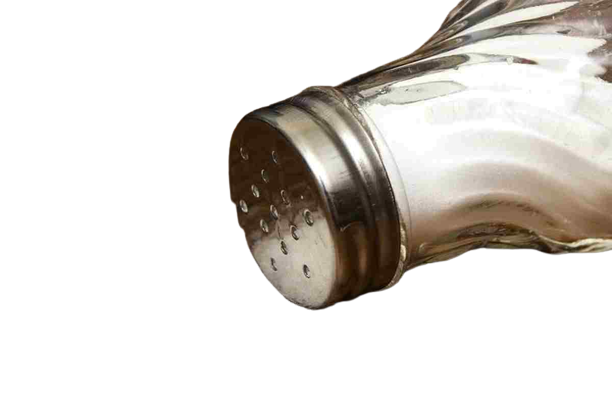A recent study has demonstrated the effectiveness of a web-based salt education program in improving salt-related knowledge, self-efficacy, and behaviors among children aged 7-10 years. The research aimed to assess the impact of an interactive online intervention on salt-related practices in a group of over 100 children from six primary schools in Victoria, Australia.
At the beginning of the study, participants completed a survey to evaluate their salt-related knowledge, attitudes, and behaviors. They were also instructed on how to collect urine samples over a 24-hour period. The children then engaged in a five-week intervention that consisted of web-based interactive education sessions completed at home. These sessions presented three key messages: reducing salt use by avoiding the salt shaker, choosing low-salt foods by checking labels, and opting for healthier low-salt alternatives to processed salty foods.
The educational content was presented in the form of detective-themed stories, including animated comics, interactive activities, and videos. Supporting materials, such as a printed detective logbook and parental resources, were provided. After completing the intervention, the students took an online survey related to dietary salt and underwent a second 24-hour urine collection.
The results of the study showed a significant improvement in the overall knowledge, behavior, and self-efficacy scores of the children. However, there was no change in the attitude score, which measured the importance placed on using salt to enhance food taste. Importantly, the proportion of children who reported having a salt shaker on the table decreased by 19 percent, and salt usage decreased by 25 percent when a salt shaker was absent compared to when it was present. The study also revealed an improvement in the children’s self-reported belief that they could change their behaviors to consume less salt.
Dr. Carley Grimes, the lead author from the Institute for Physical Activity and Nutrition at Deakin University, Australia, emphasized the importance of empowering children to make informed nutrition-related decisions. She stated, “Teaching behavior-based strategies, such as reading food labels to select lower-salt foods, can be instrumental in reducing salt intake among children. It was encouraging to see that children could be motivated through interactive web-based activities.”
Despite the positive changes observed in salt-related practices, no significant change in salt intake, as measured by urine collection, was found. This may be attributed to the small sample size of children completing this portion of the study and the relatively short duration of the intervention (five weeks), which might not have allowed sufficient time for significant changes in grocery purchasing habits.
The study findings were published in the Journal of Nutrition Education and Behavior.





Leave a Comment